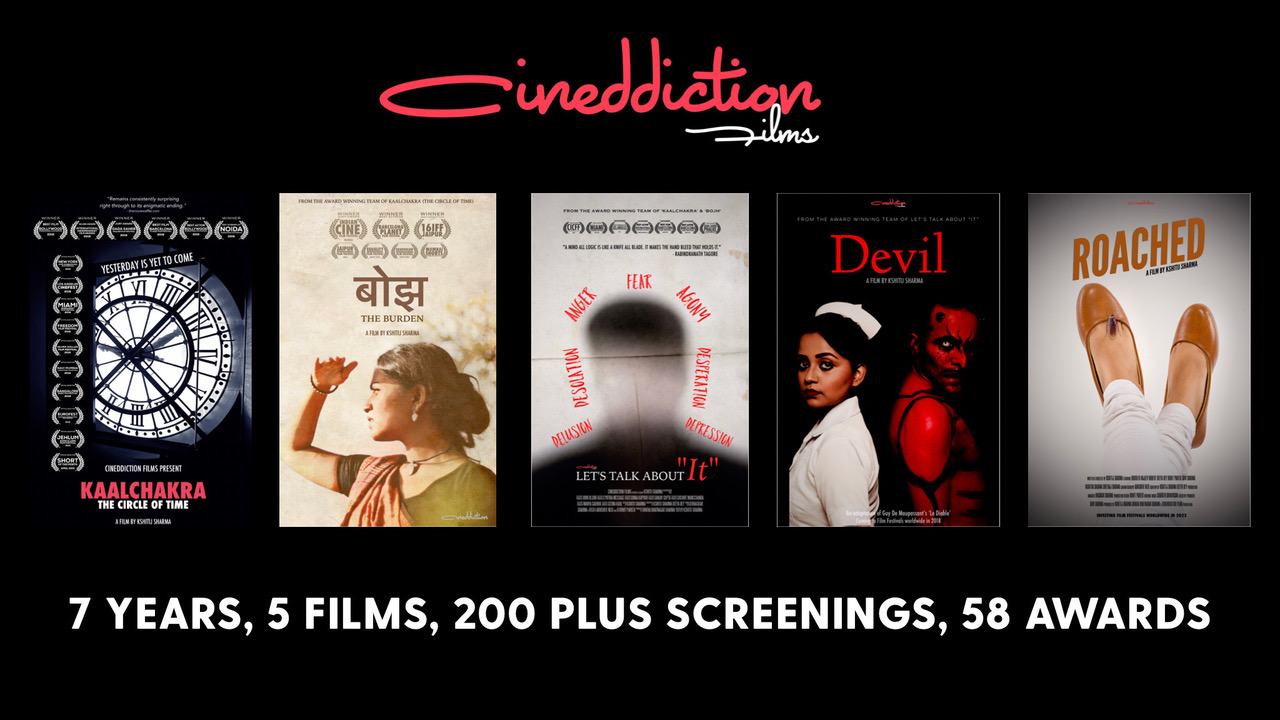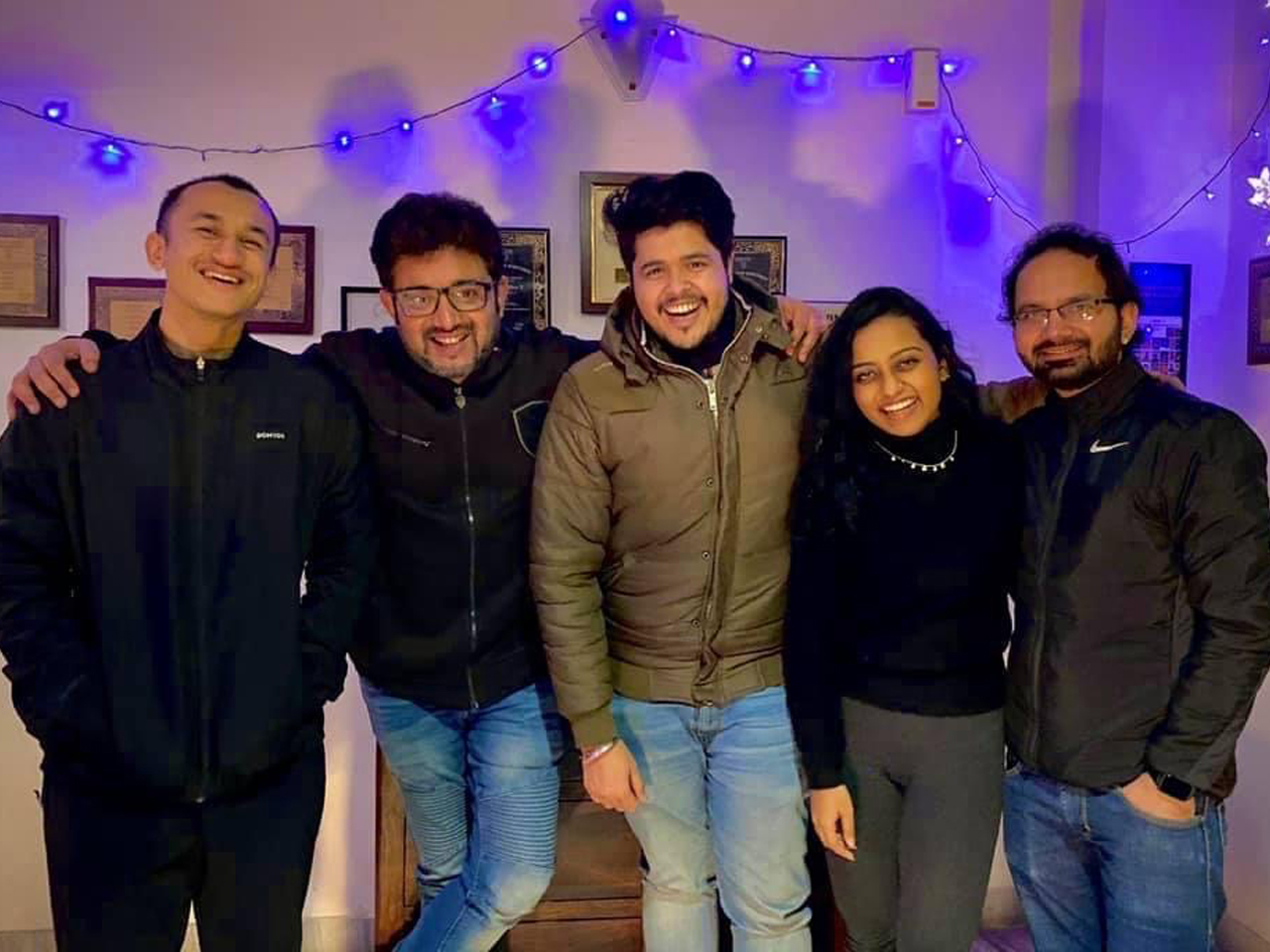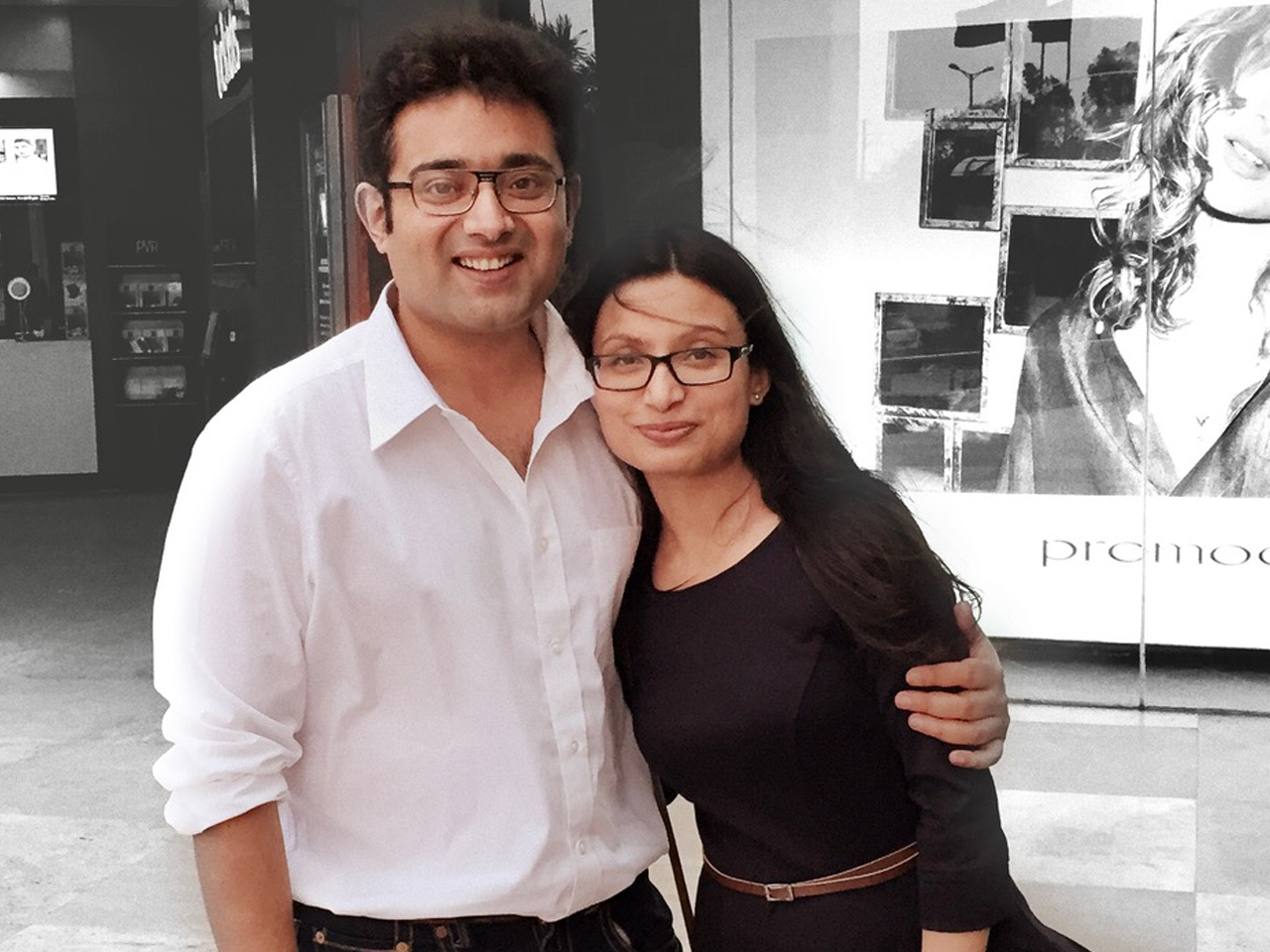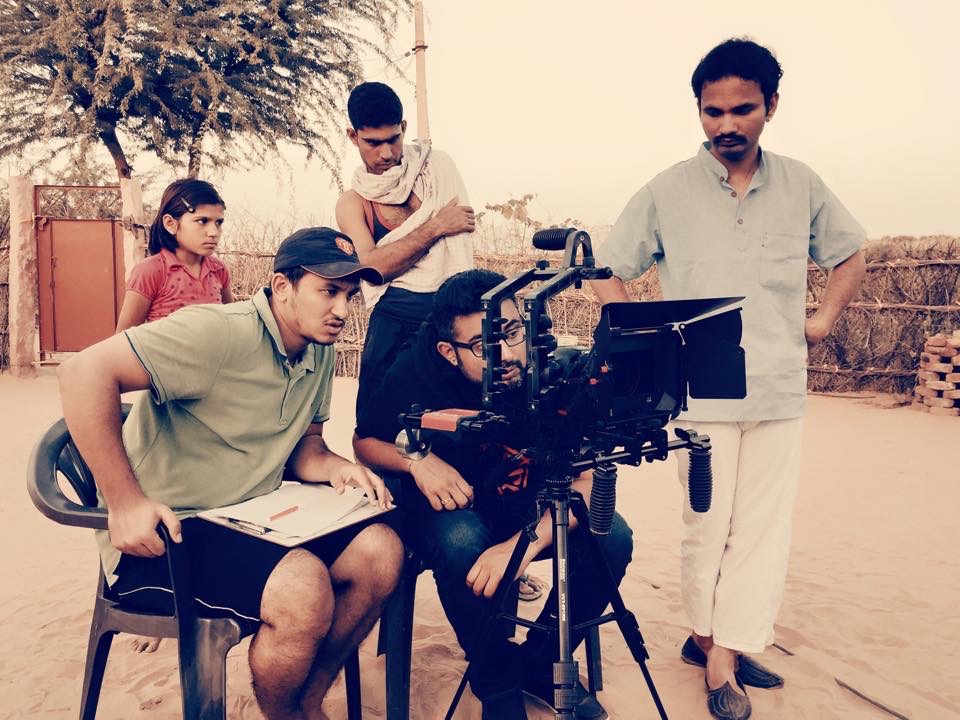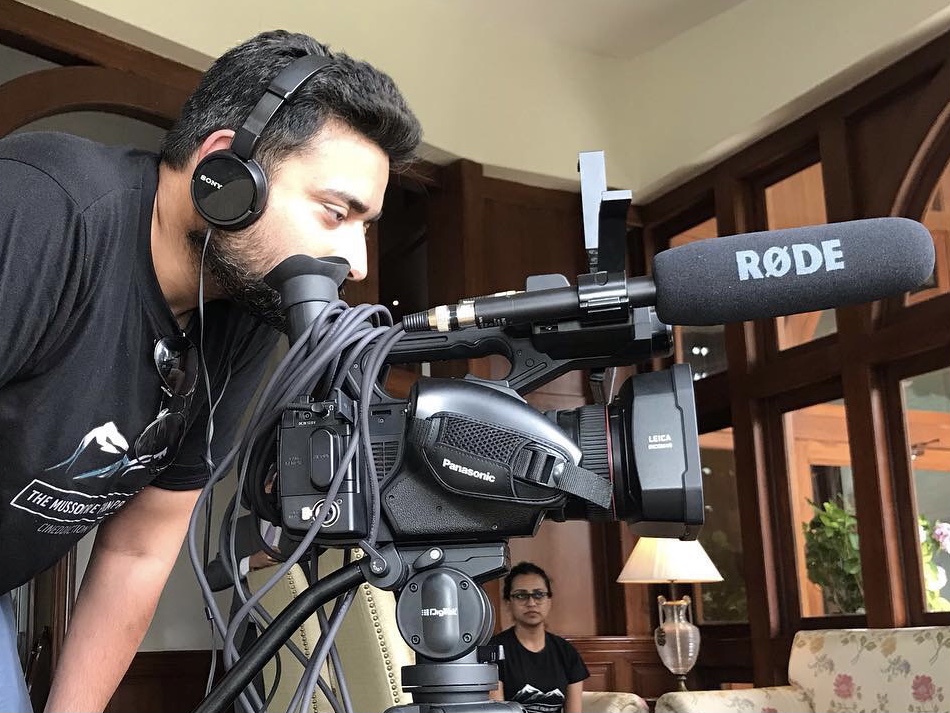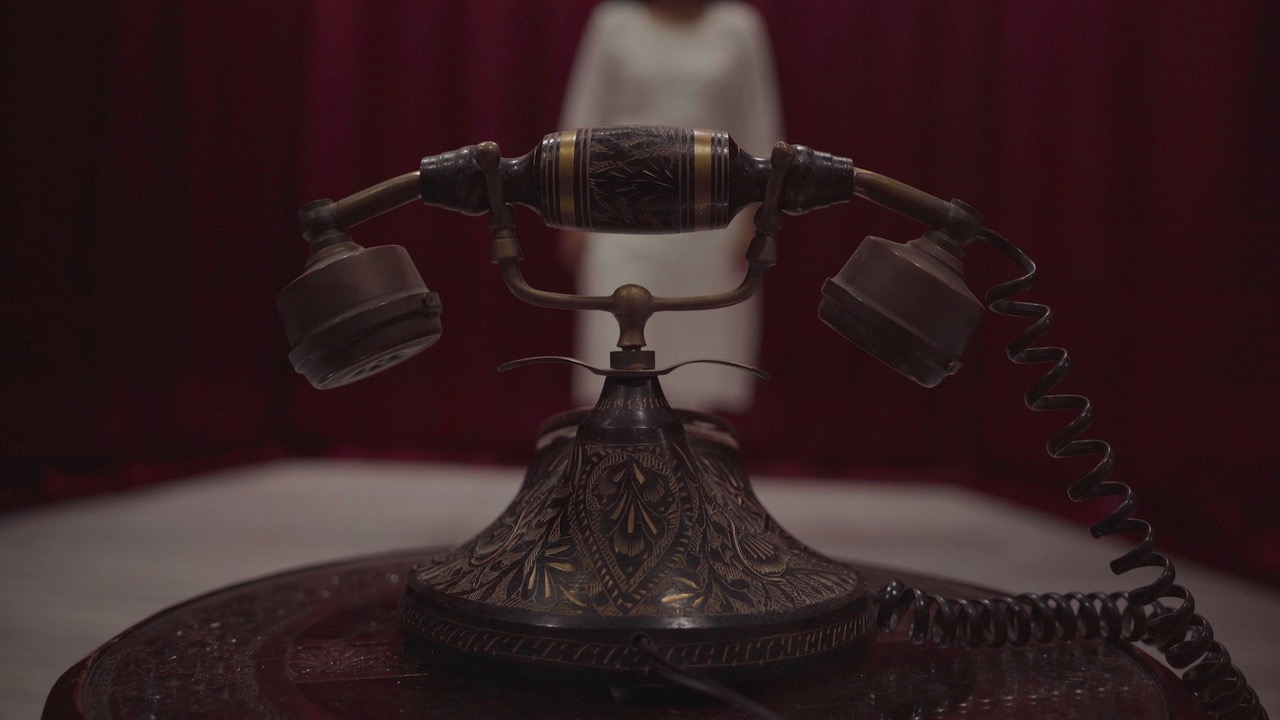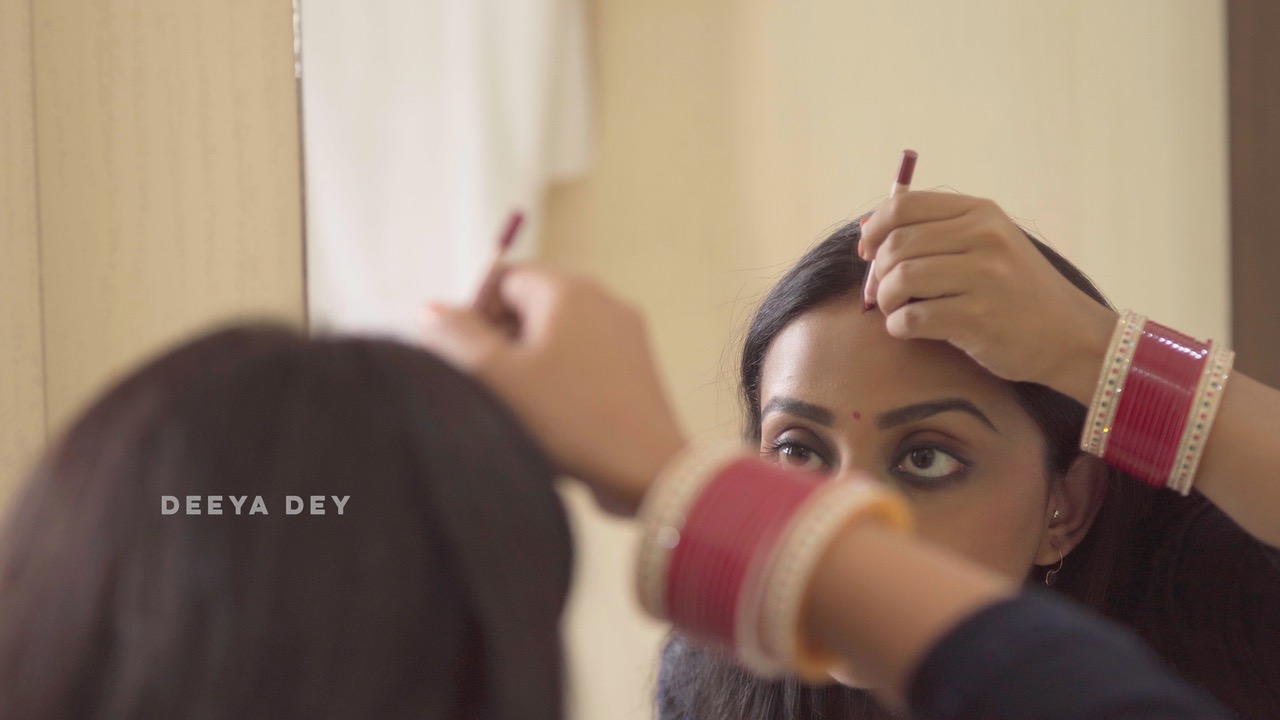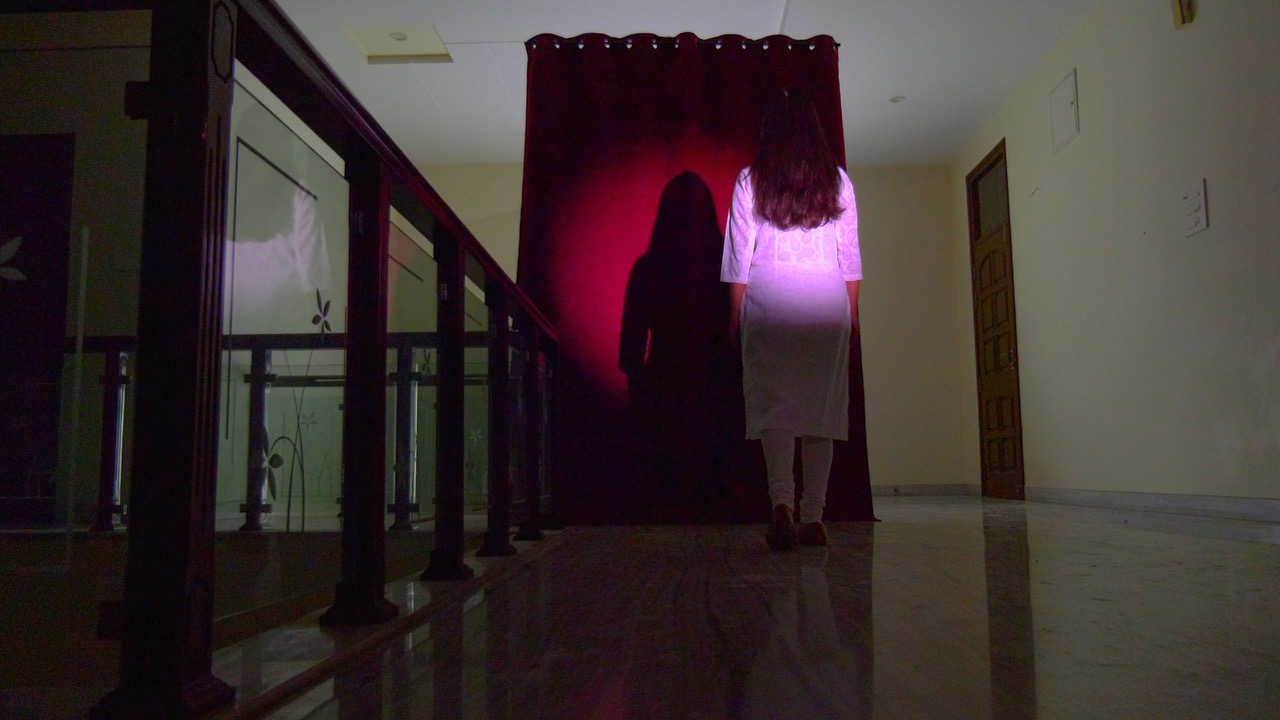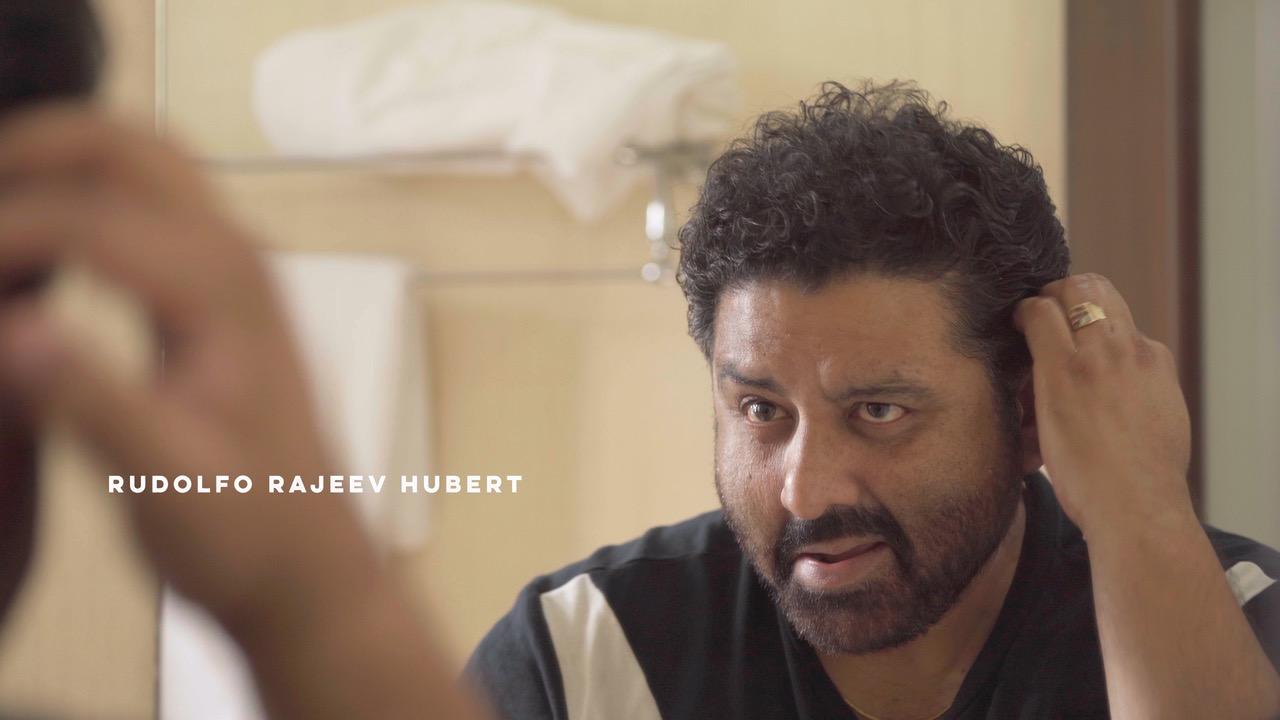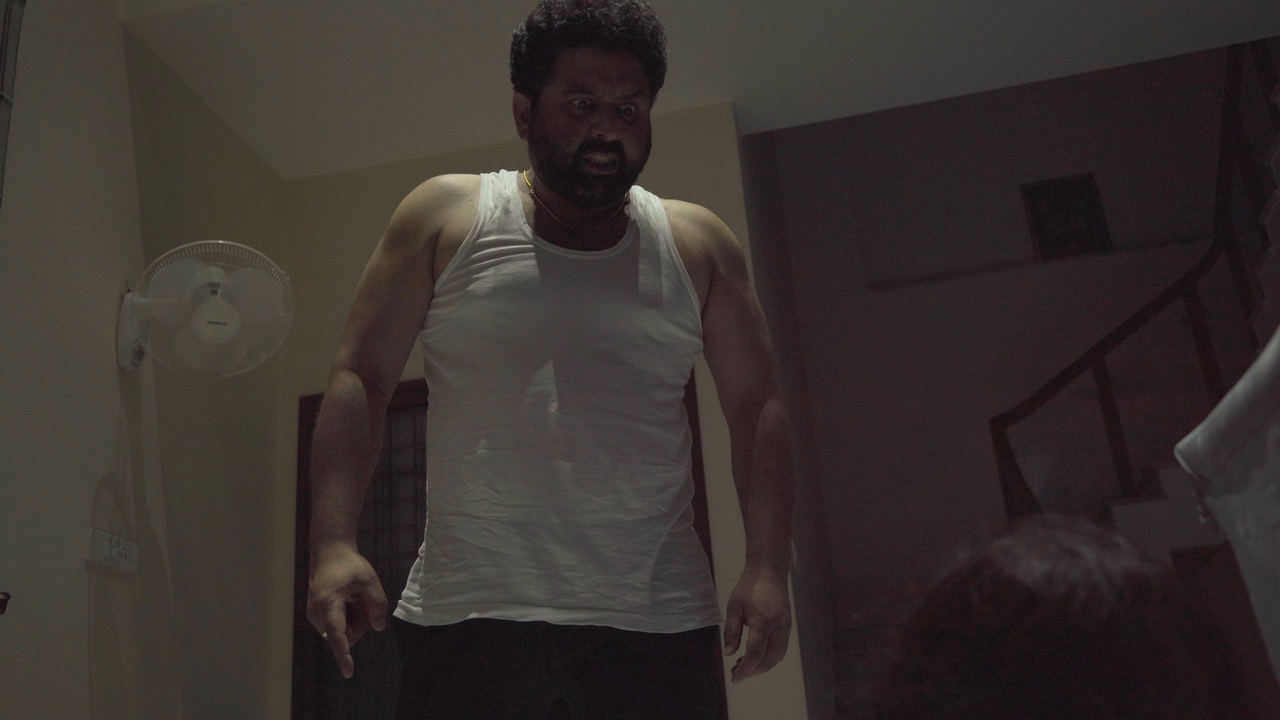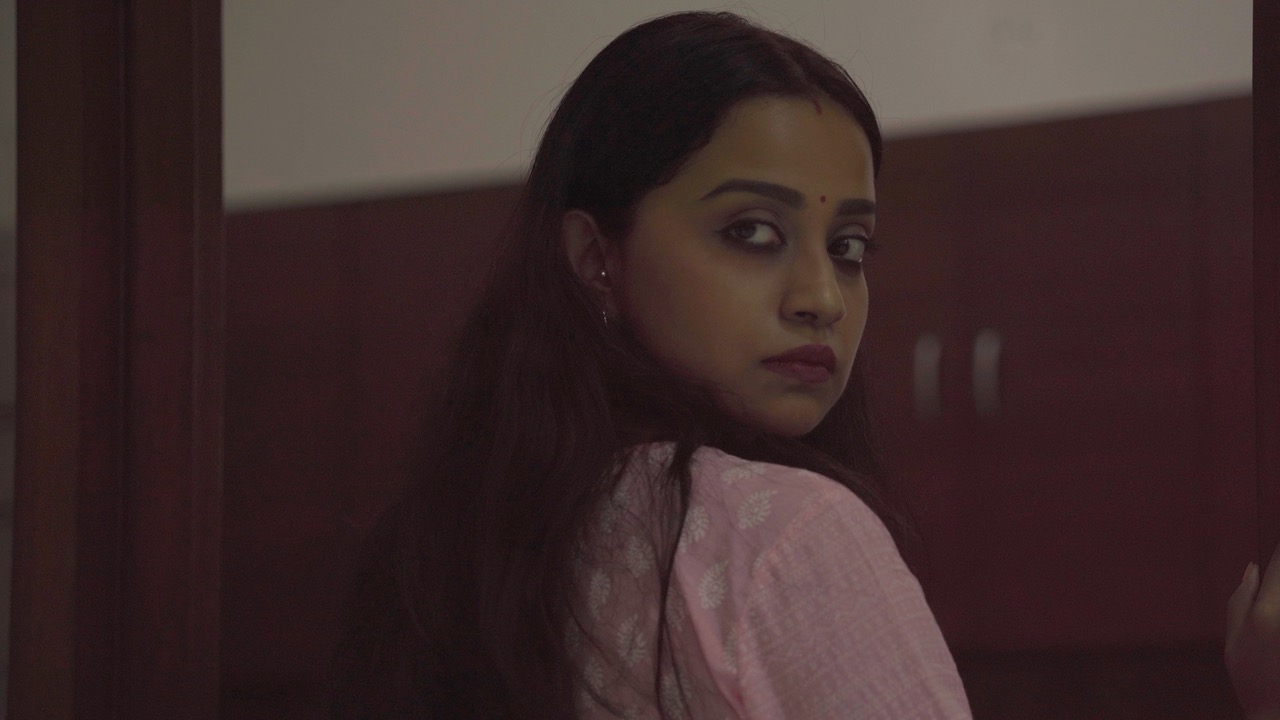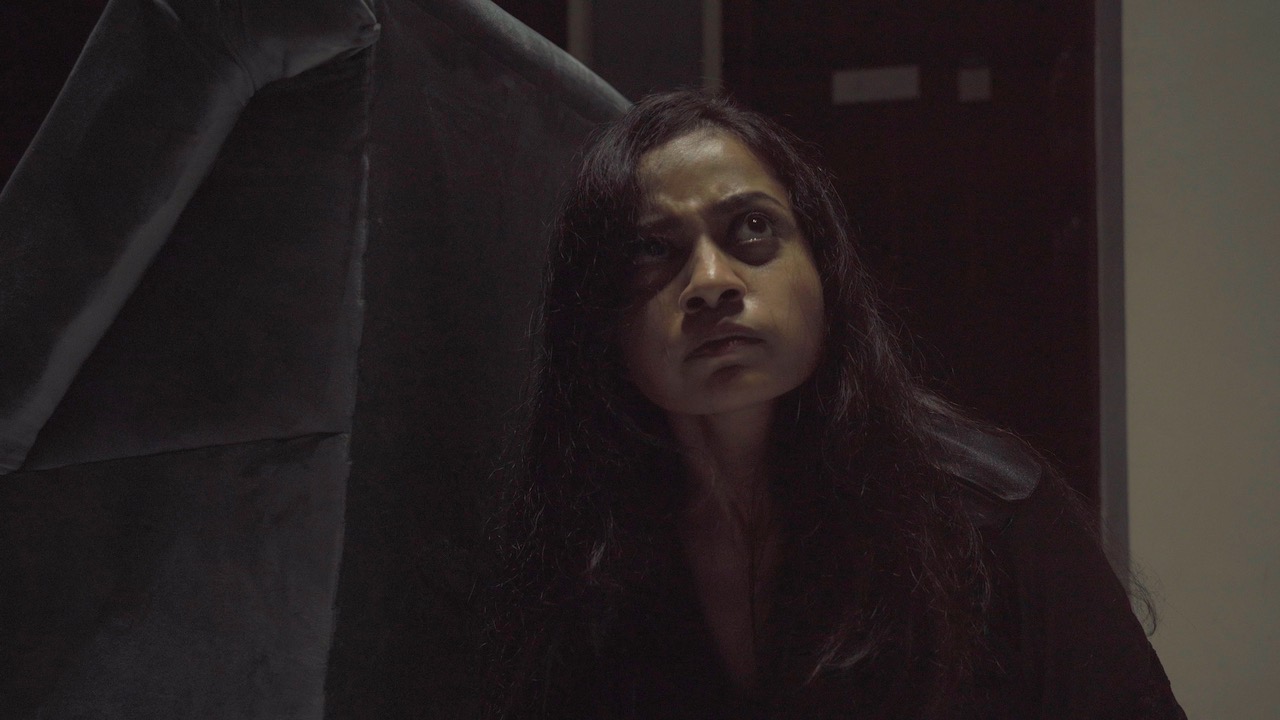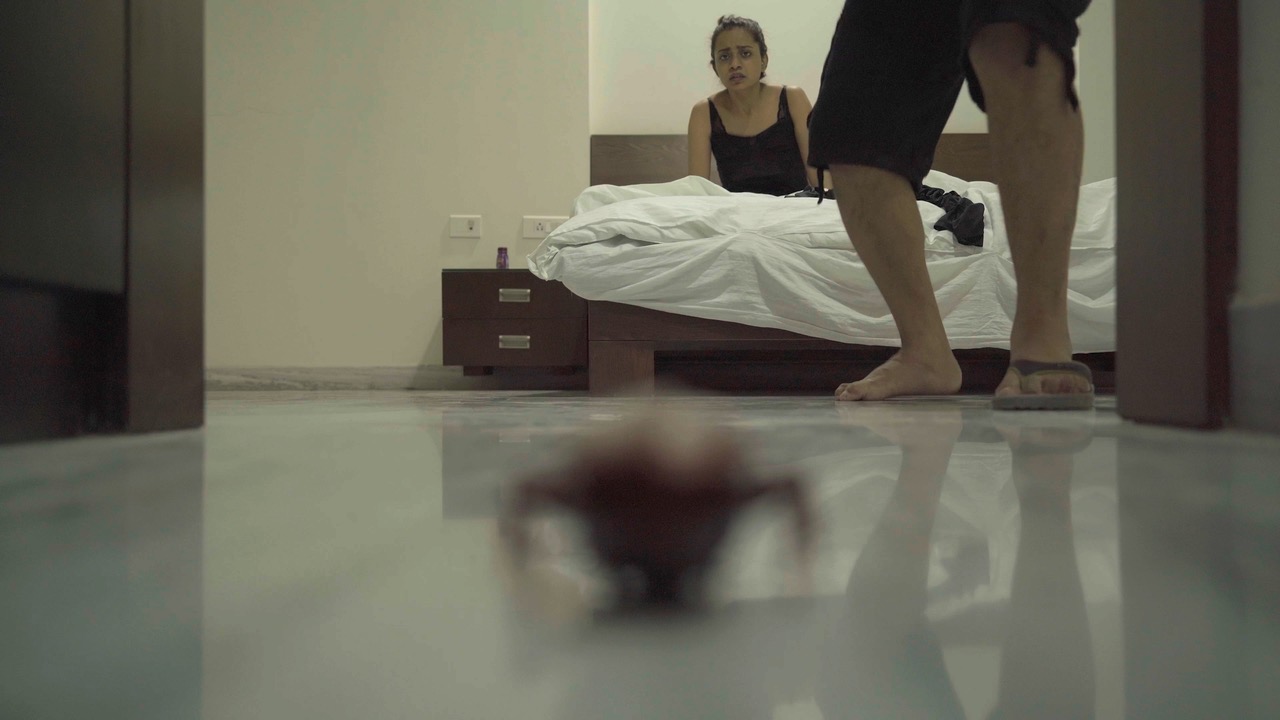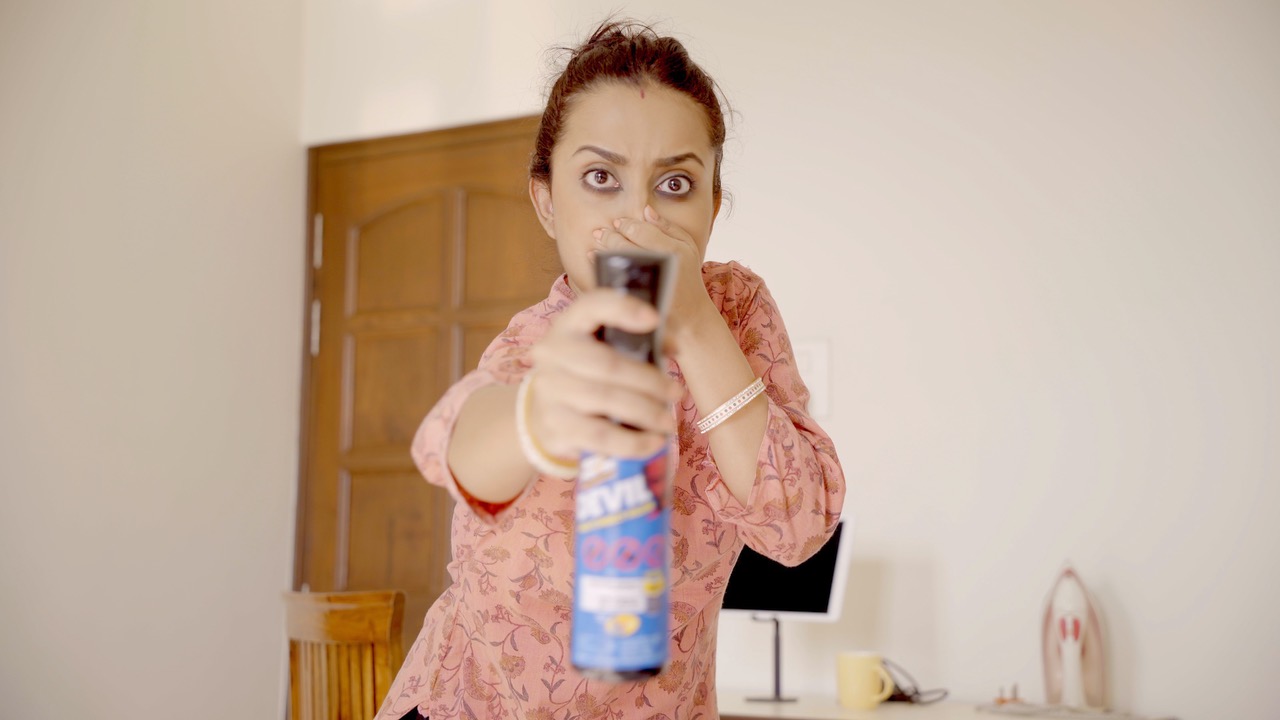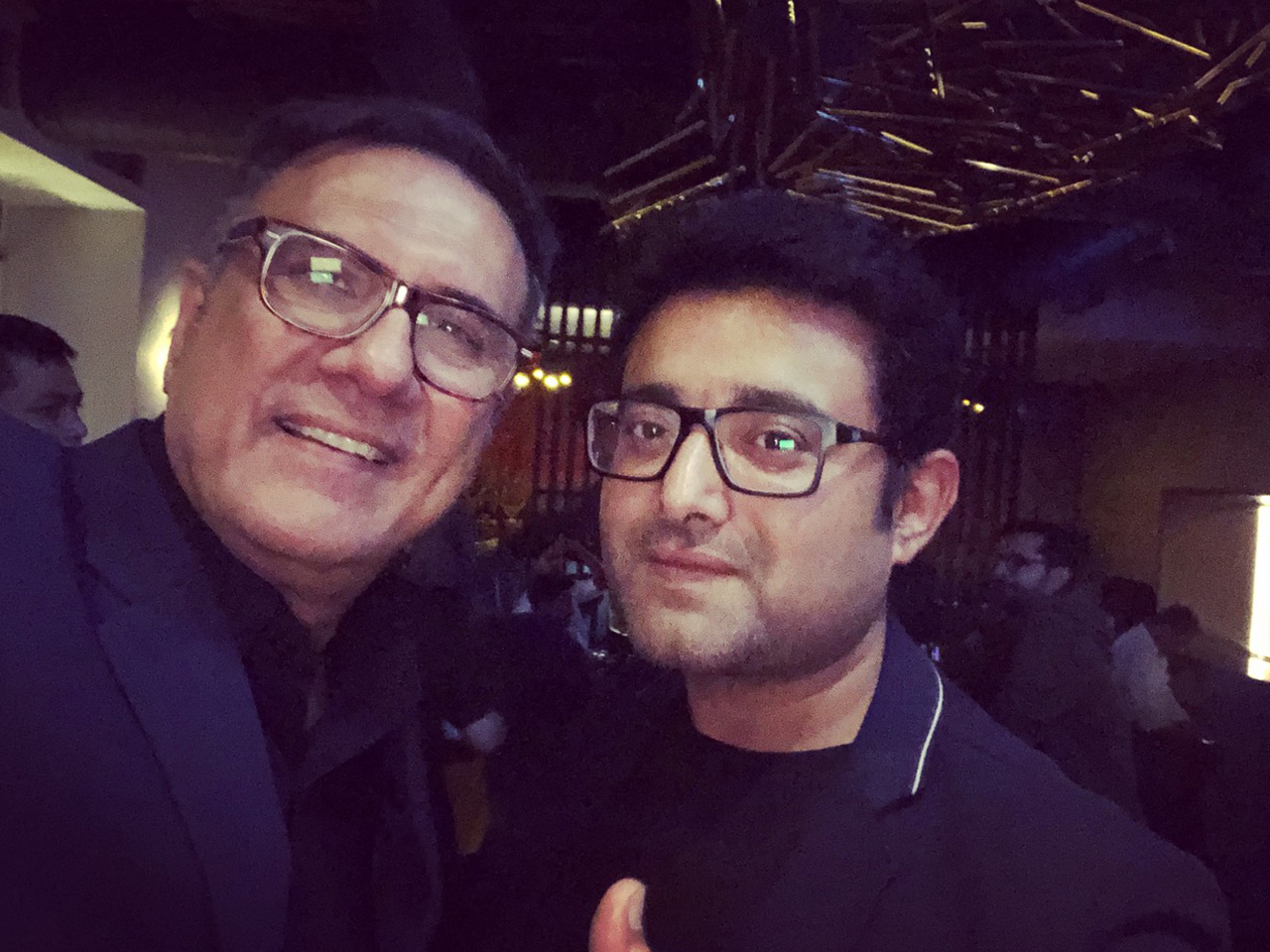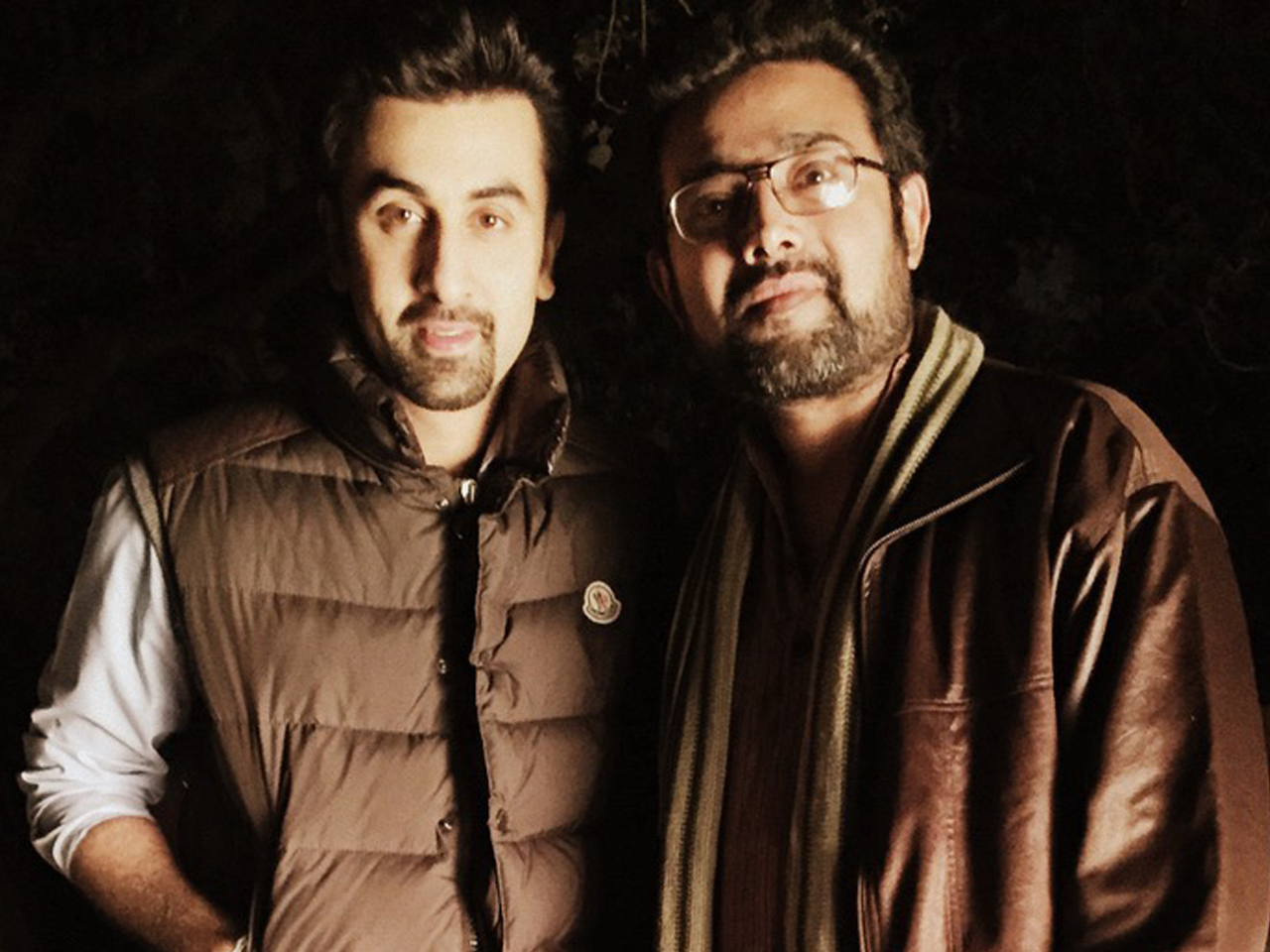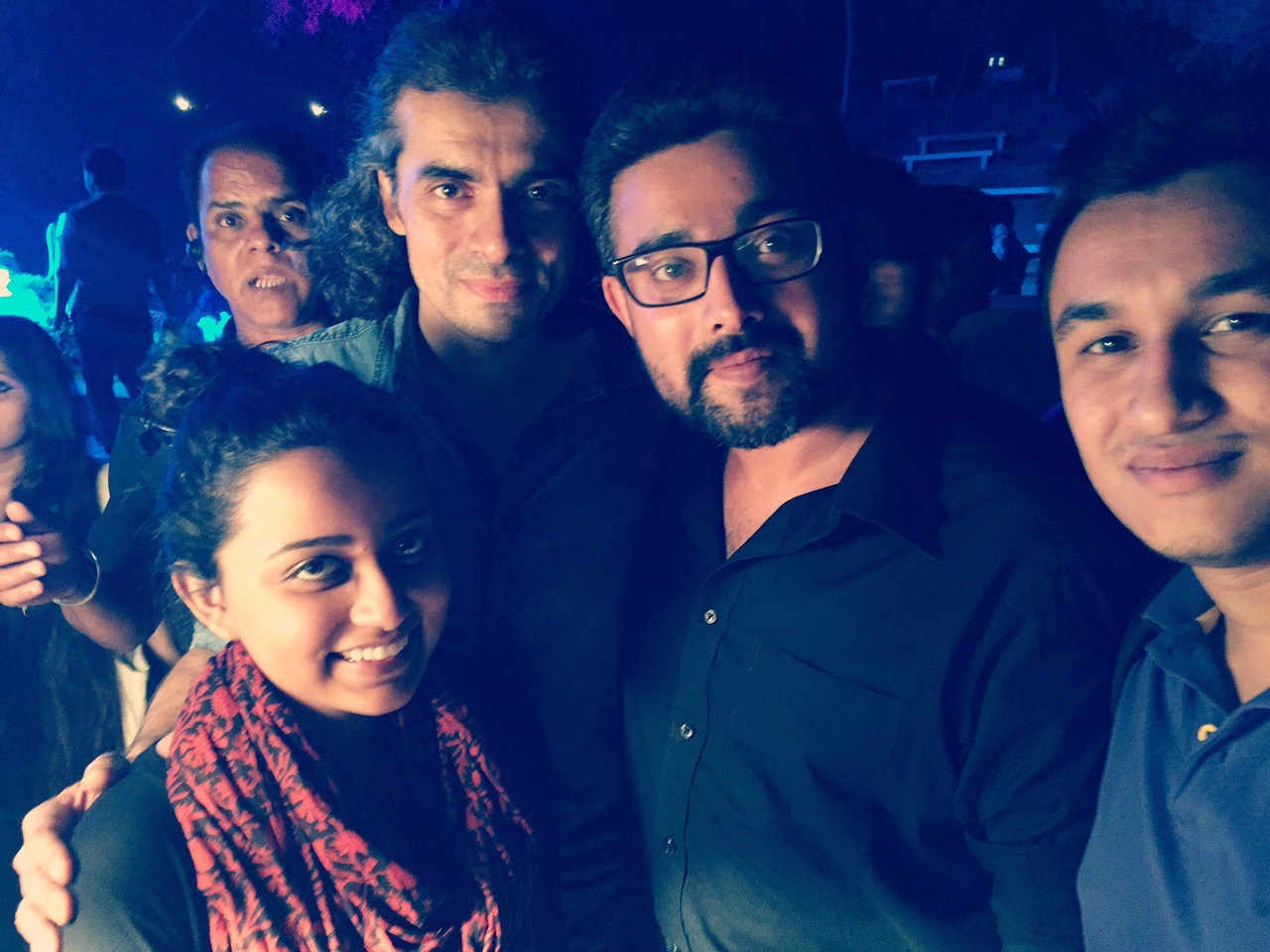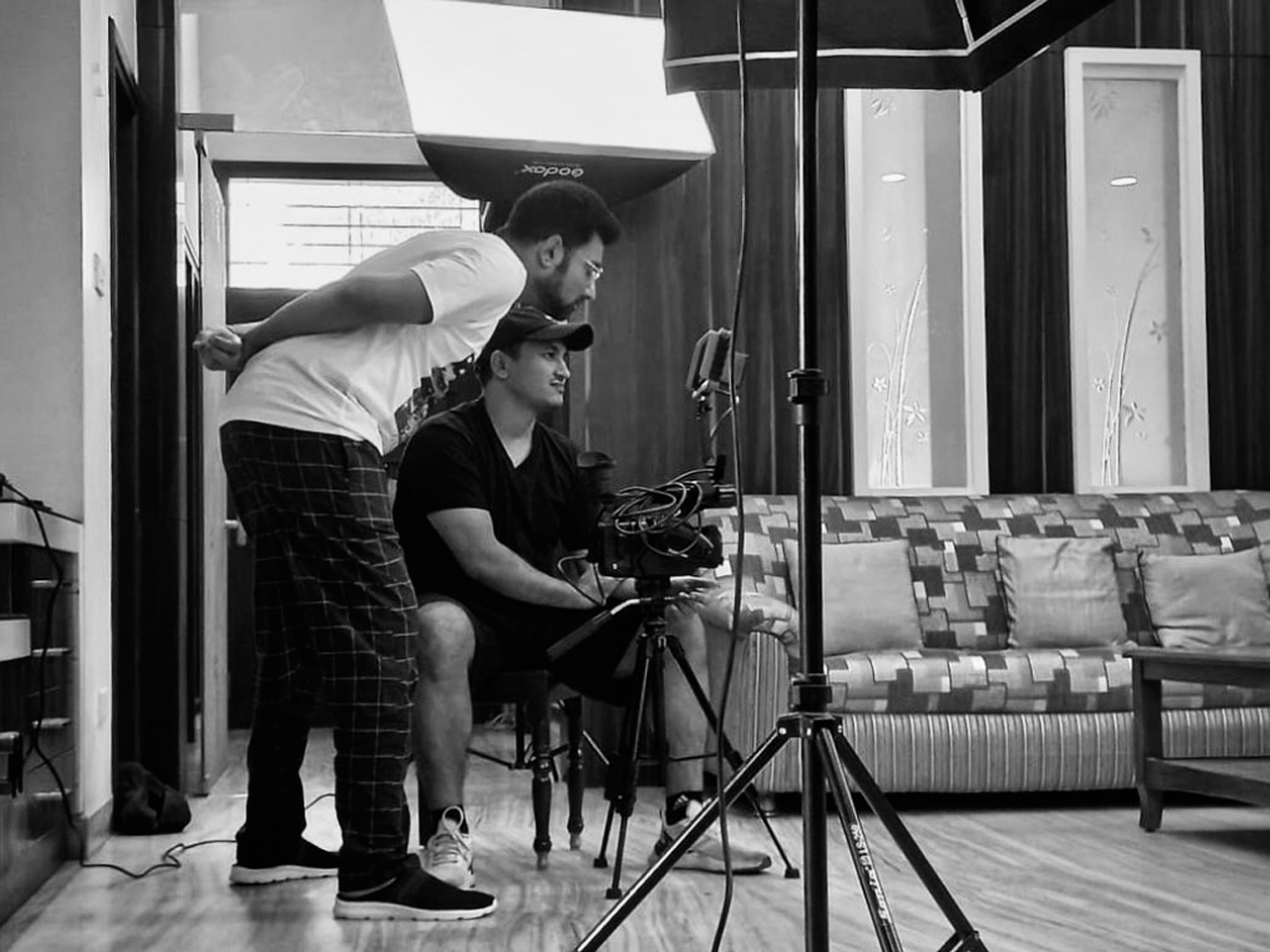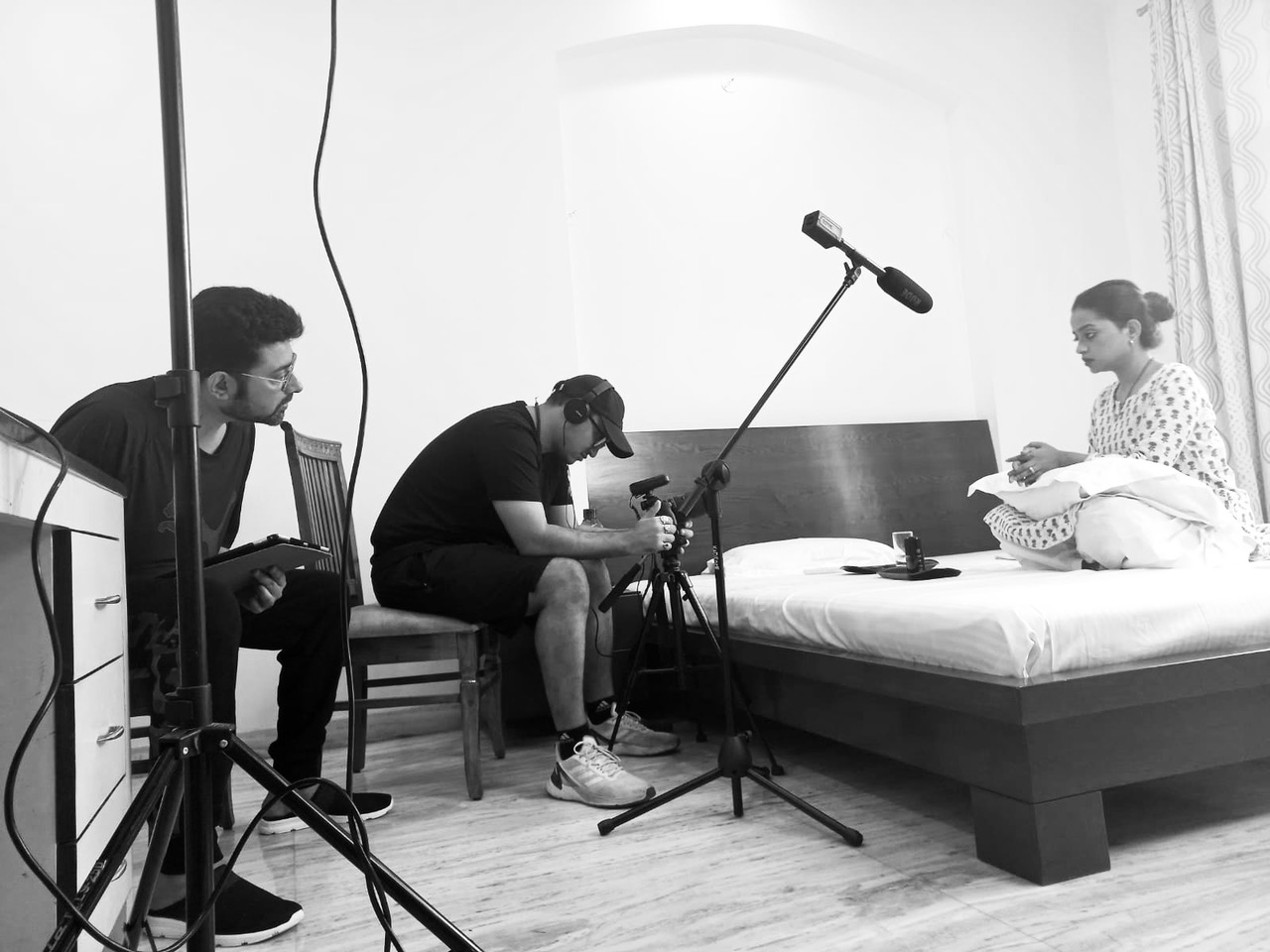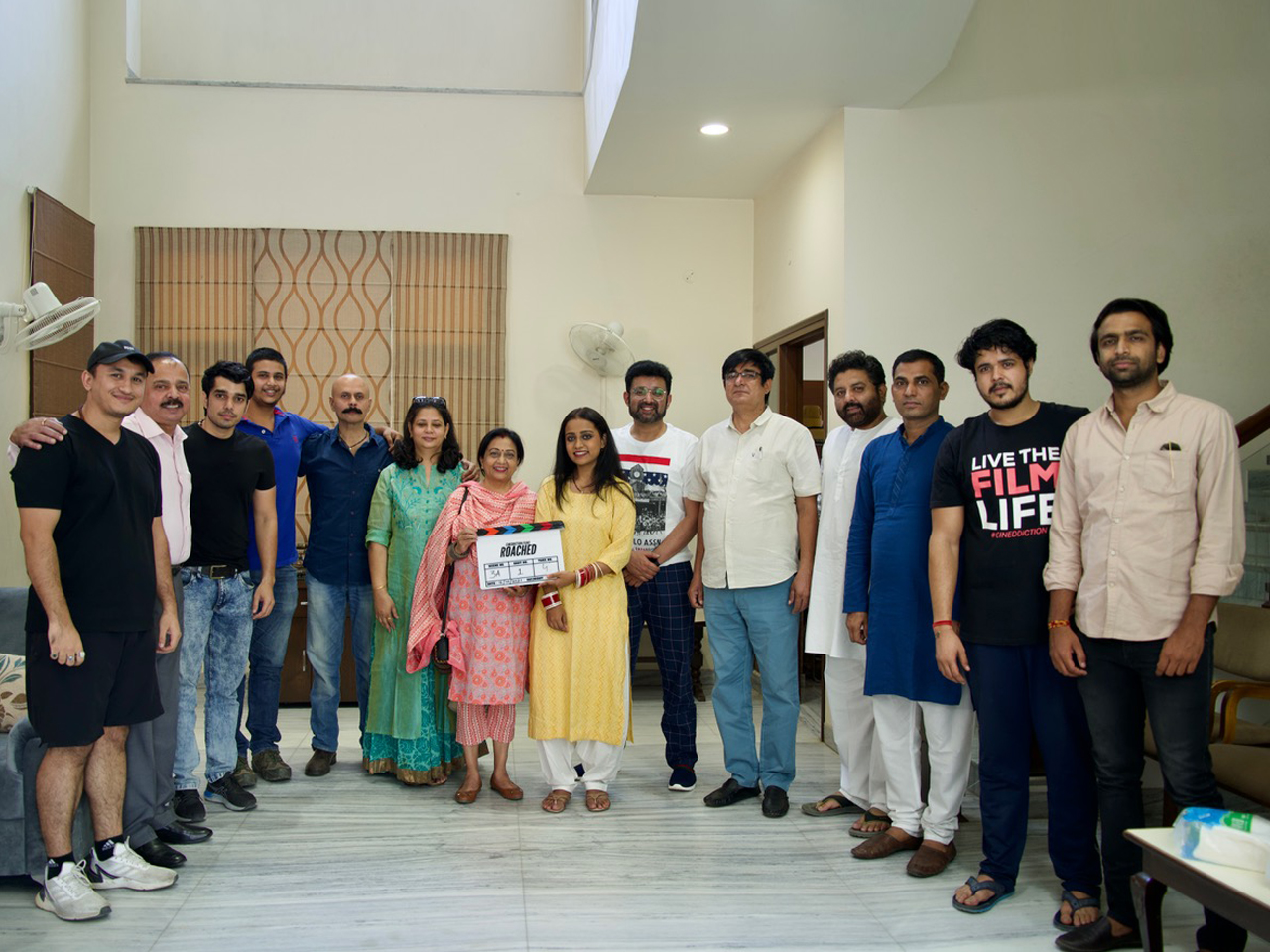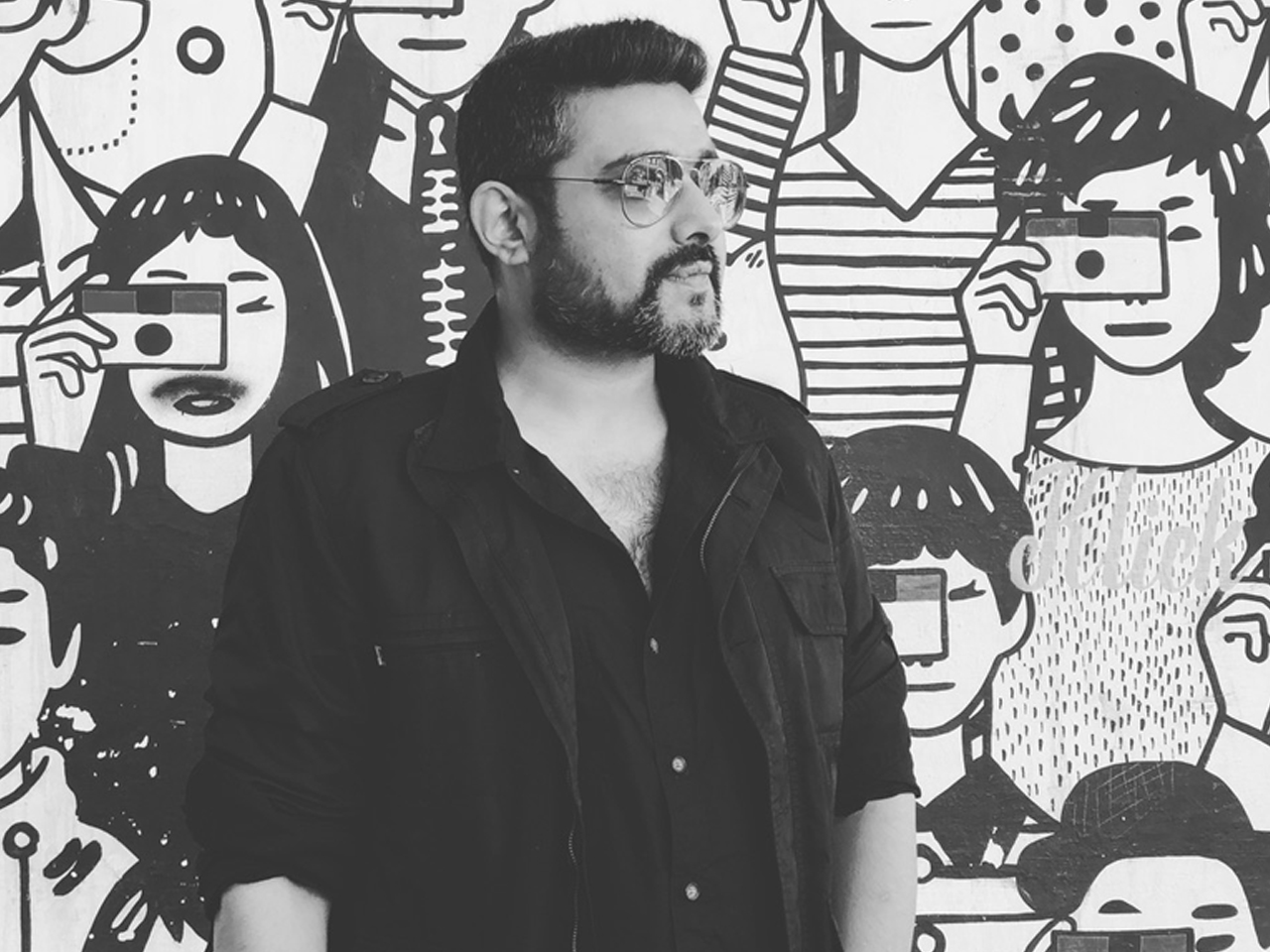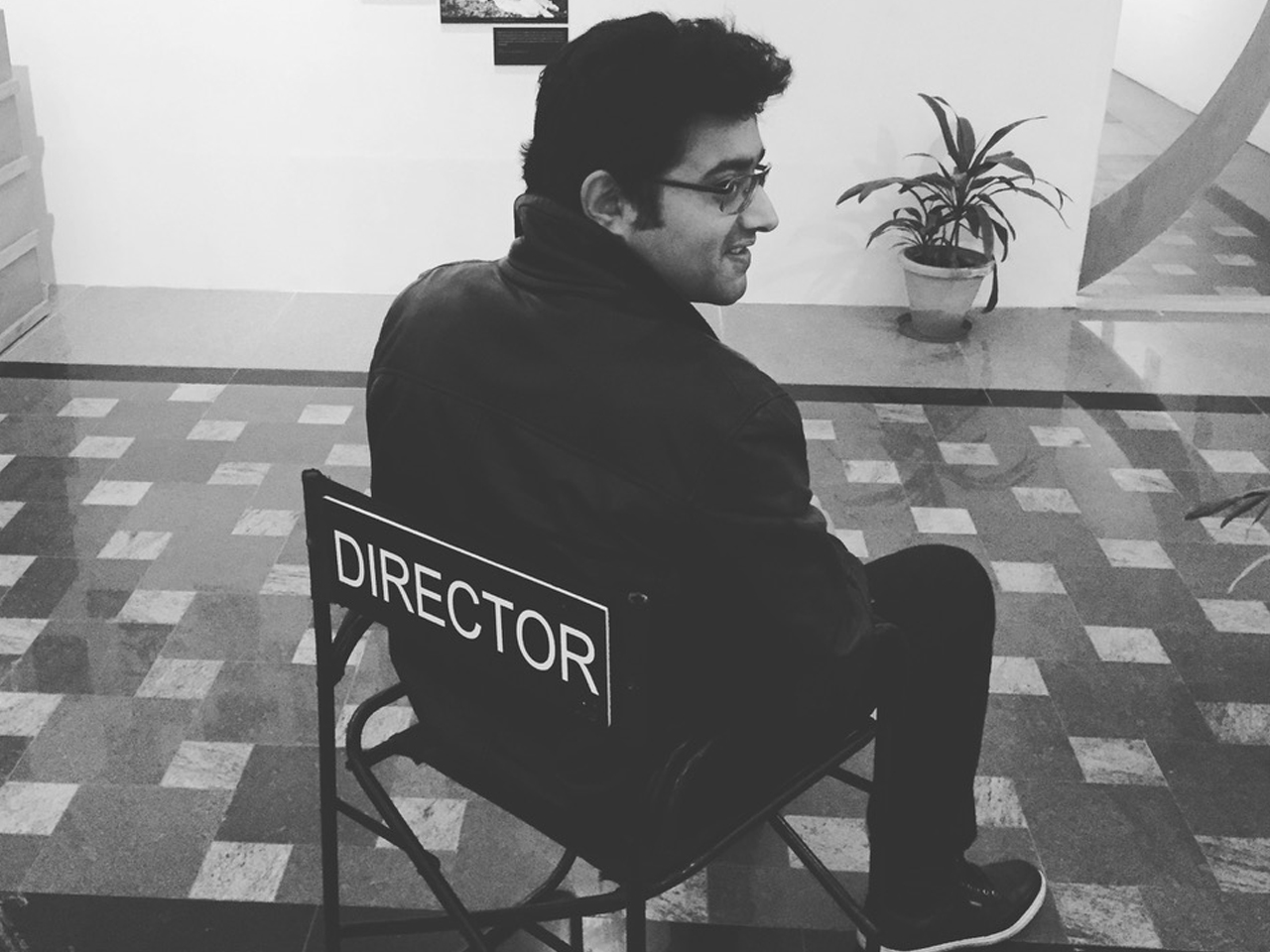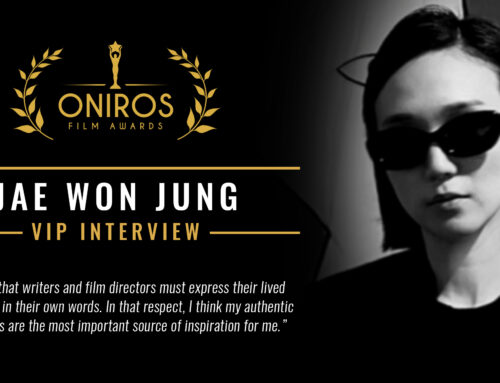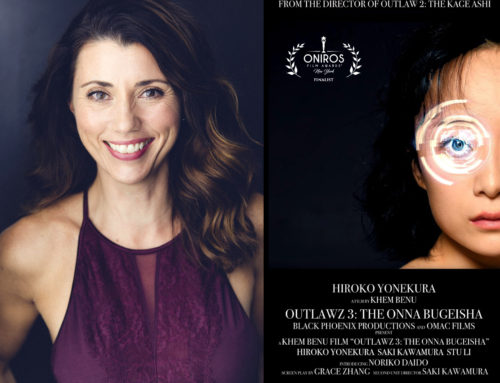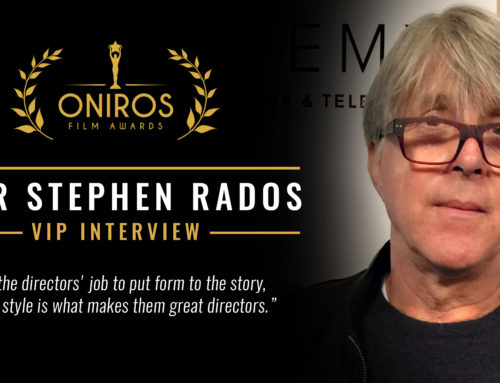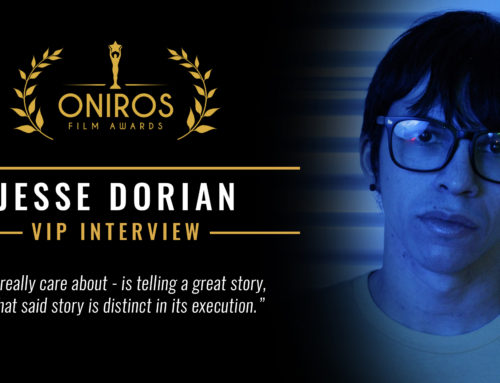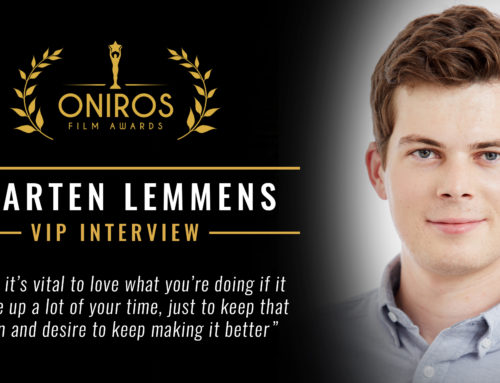BEYOND THE ONIROS FILM AWARDS®
VIP Interview with Kshitij Sharma, director of the feature film ‘Roached’
by Alice Lussiana Parente
Today we present Kshitij Sharma, a talented director, writer, and producer; However, as we’ll find out shortly, he is way more than that. Sharma is a chameleonic filmmaker that also edited, sound mixed and designed his feature film “Roached”. In this interview, we find out about the Kafkaesque’s influences of his film, his unique casting process and eventually the most important lesson of all: All you need to make a film is a good idea, no excuses!
1. Hi Kshitij! Congratulations on your film ‘Roached’! Could you tell us what brought you to film-making? When did you first realize you wanted to work in the entertainment industry?
Thank you Alice for this opportunity to share my story. It all started with stories. From a very early age, my father introduced me to the habit of reading. Eventually I discovered the world of cinema at my grandmother’s house. There was an old VCR player and my aunt would bring home VHS tapes of latest movies. I realized the power of cinema to make stories come alive, became obsessed with the movies and decided in my heart that I want to be a part of this magical world somehow. Post college, I got into theatre and started acting in plays, some television shows and a few movies. Acting was something I really enjoyed but it did not completely satiate my hunger. As an actor, you embody a character and get to live out its journey in a world created by someone else’s imagination. I wanted to create living, breathing fictional worlds of my own.
Somehow fate landed me in a corporate stint for a few years and everything else took backseat. I had more success than I could imagine in the corporate world, got married to my childhood sweetheart and life was good but somewhere inside me there was an emptiness. One fine day, out of the blue, I told my wife that I want to get into the world of movies. Without a second thought, she encouraged me to follow my path and if not for her belief and confidence, I probably would have given up on my dreams long back.
The only problem was, I didn’t know anything about making movies. The only thing I had with me was my mad love for the movies and an amateur short script about time travel. I started reaching out to filmmakers around the globe in order to learn from them whatever I could by observing their process. Another stroke of fate brought me in contact with Mr. Imtiaz Ali, who is a very respected filmmaker from India. He read my script and encouraged me to make a short film out of it. His confidence in the story propelled me to go forward with it. That was 8 years ago. That little short film called Kaalchakra, made with zero budget or equipment and shot on an iPhone ended up travelling the world, getting screenings at some of the biggest venues, picked up a dozen awards and even secured a distribution deal. I haven’t stopped since, still learning about making movies by making movies.
2. Where does the inspiration of Roached come from? When did you start writing it?
Roached started off as bizarre, experimental idea for a possible short film many years ago. There wasn’t any developed narrative, just a concept attempting to ask the question, what it truly means to be human? I was actually planning for a different film when the pandemic hit. Everything came to standstill and that planned film of mine never materialized. Since filmmaking is not something that can be done in isolation and as filmmakers we don’t have the luxury of “working from home”, the lockdown was an especially frustrating time. I had been continuously working since the age of 17. This was the longest when I had truly nothing to do. One day, sitting with my brother, I was going through some old story ideas I had scribbled years ago. He told me to make “that cockroach film” next since he felt it can be a really compelling story. I wasn’t sure but then I decided since I have nothing else to do, let me try and develop it into a screenplay. I decided to keep the setting small, not have too many characters and began writing. Out came this developed screenplay for a feature film set in the the backdrop of COVID pandemic which I thought had the potential to be a really unique film and Roached was born.
3. You wrote, directed and produced this film. How was this experience for you? What aspect did you love the most and which one you found more challenging?
It’s something I’ve done for seven films now Alice so I’m kind of used to the grind. With this one I also edited the film, did the sound mixing, sound design and color grading. I have a weird relationship with filmmaking. I am at my happiest when I’m working on a film in any capacity but because I’m still an amateur filmmaker with much to learn, I don’t have the command or confidence on my craft where the skills required can come easily to me. I can make a relatively decent film but it sucks the life force out of me. I become utterly consumed in the process to an extent that it starts impacting my physical and mental well being. In that sense, Roached has been the most enjoyable and hellish creative experience of my life at the same time.
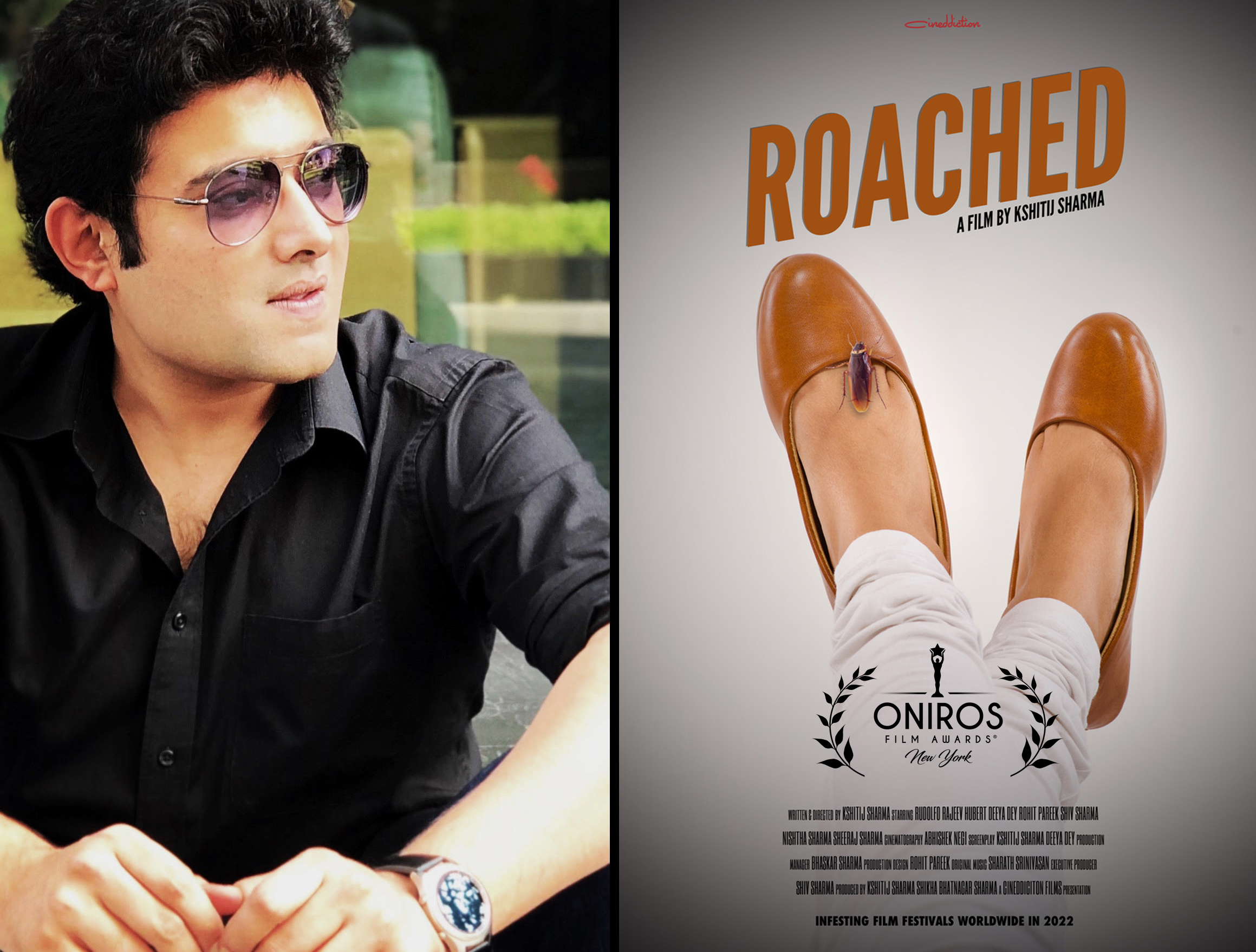
Director Kshitij Sharma and the poster of the film ‘Roached’
4. Who are the directors that inspire you the most?
Oh there are far too many to cover here. Among the numerous iconic Indian & International filmmakers, I admire the all consuming passion that Guru Dutt had for his craft, Hrishikesh Mukherjee’s matchless ability to create compelling characters out of everyday people, Alfred Hitchcock and M. Night Shyamalan’s eye for intrigue & Stanley Kubrick and David Lynch’s talent for the bold, bizarre and surreal. That said, I also look for inspiration in my peers. Fellow independent filmmakers whose incredible works I’ve had the good fortune to see in film festivals or on streaming platforms. People like Sumit Mishra, Anupam Kaushik Borah, Alok Sharma among others. These are names that not many people might be familiar with yet, but I truly believe in the coming years, they will be the flag-bearers of groundbreaking cinema in India. The one big advantage of finding inspiring figures among your peers is that they are accessible. I can call them up and ask them for advice or pick their brains about some of the creative choices they’ve made in their films and learn a thing or two. I wish I could do that with a Guru Dutt or a Kubrick but alas!
5. How did you choose your actors? Did you have a specific idea in mind, or did you see them for the first time coming to life during the audition process?
I have never auditioned actors. I never judge an actor basis their past work or lack of it and sitting behind the desk with your arms folded while an actor tries to funnel down all their talent in a 2 minute monologue in front of you is something that I find highly unnatural. What I do instead is to sit down and have a conversation with them about the character and go with my gut feel. It’s an unconventional process but it has always worked for me. If I can find a common creative wavelength with them, that’s enough for me. For instance, this is my first collaboration with Rudolfo Rajeev Hubert who plays the husband, Manav in my film. It is also his first feature film. Watching his performance in this film, not many will believe that he had only done comedic roles before this. Rudolfo and I met at a film festival where he attended a screening of my feature film, Devil. We connected instantly over our love for cinema. I saw some of his work and instantly knew he is a terrific actor. One day while hanging out, I mentioned that I have this character in mind and I feel he would be perfect for it. He was very skeptical and doubtful of whether he would be able to pull it off l but I had full faith in his abilities. Deeya Dey who plays the character of Anuradha, the wife in my film is the sister I never had growing up. This is my 6th collaboration with her as an actor and she has also co-written the screenplays of all my films. It’s a breeze for me to work with her as our creative energies sync quite well. Everyone who has seen the film so far has found both their performances outstanding and I’m glad I had the privilege to have such talented actors as the conduit for bringing forth this story.
6. Considering the recent events, and the way you also used the theme of the COVID-19 pandemic in your film, what do you think is the role of cinema in a world post-pandemic?
I think the more grimness we encounter in our real lives, the more we turn towards fiction for comfort. Art has always been a beacon of hope in tough times and cinema specifically has always channeled the angst and despair of any era into something poignant and beautiful. Pandemic or no pandemic, that will never change.
7. Can you tell us more about your independent production label: Cineddiction Films?
The Cineddiction team is an extension of my family. The five of us were fellow batchmates of The Barry John Studio, one of India’s premiere acting schools. After our course while many drifted away, we stuck together. A lot of film school or acting students either keep hunting for work from pillar to post or simply give up after a point. We decided we will stick together on this journey and weather the storm together. Together, due to our common addiction to cinema, we chose to call ourselves Cineddicts and Cineddiction Films was born. All of us were actors with no technical know-how of other aspects of filmmaking. As we kept learning through trial and error, some of us naturally transitioned towards various roles behind the camera. Today, Cineddiction Films has been around for more than 7 years. Our films have played in over 200 venues around the globe, won more than 60 awards collectively and secured distribution deals from OTT platforms like Amazon and MX Player. To my knowledge we are the only film group of our kind in India where a team of five shares all departmental responsibilities of a film among themselves and have been able to consistently make award winning films for so many years. I’ve never had a sixth crew member on sets. These folks, Abhishek Negi, Bhaskar Sharma, Deeya Dey and Rohit Pareek are my backbone as a filmmaker and without them, all my films would have only existed on paper, locked in some drawer. I’m incredibly proud of them and as the eldest member of the group, having witnessed their skills mature & refine over the years fills my heart with an almost paternal joy that is unparalleled.
Director Kshitij Sharma with the Cineddiction Films team and with his wife
8. What do you think about the film industry in India? What are the upcoming projects that excite you the most?
India makes more films than any other country every year. Cinema is part of the bloodstream of Indian life and our rich cinematic heritage of more than 100 years is one of the most vibrant legacies of our culture. But Indian Cinema is so much more than just “Bollywood”. In every nook and cranny of India, regional and independent films are pushing the boundaries of storytelling and creativity. As an avid cinema addict, I enjoy all kinds of films from every corner of the world but I’m especially eager to witness the boom of free spirited independent filmmaking in India and hope that I can contribute towards that in my own small way.
9. Why did you choose specifically a cockroach for the intruder and not a mouse or another animal?
Ah! I’ve been asked this question a few times now. To be honest, the creature is simply a device to act as a symbolic representation of fear, intrusion and lack of humanity. It very well could’ve been a rat or a bat and I would’ve still been able to tell the same story with a few screenplay tweaks. However, there is something about a cockroach that incites extreme reactions in a lot of us ranging from panic to anger. It is also a creature that majority of us don’t think twice before killing. A cockroach is so far removed from us that nothing about it generates any kind of empathy from our side. I thought it would be an interesting juxtaposition pitting it against a human. And yes, it is also my humble nod to one of my favourite author Franz Kafka’s iconic work, The Metamorphosis.
10. I found very interesting the “Freaky Friday” moment between the husband and the roach. How was shooting this scene?
Thank you Alice. I’m glad you enjoyed that sequence. It’s hard for me to talk in detail about it without giving away potential spoilers for those who haven’t seen the film but suffice to say it was no easy feat. Even on the writing stage, it was a challenge. Roached is a film that bends the rules of traditional narrative structure in many ways. We consciously attempted to have each act delve into a different genre ranging from humour, to drama to mystery to surrealism and the sequence you refer to was at the epicentre of the final act. My team came up with ingenious ways to use self-assembled panels made from merely three curtains and through some camera and editing tricks we were able to create the illusion of a much bigger setup. It was fun and exciting but surely tested all our abilities to the max. Also, Deeya had to do a lot of running around in that scene as and actor and she was quite unwell that day. Battling fever and fatigue she braved it all with wholehearted commitment which is commendable.
11. The film deals with the theme of domestic violence. How did you work on the most emotional and violent scenes with your actors?
I believe the more intense and emotionally difficult a scene is, the more relaxed the atmosphere of the sets needs to be. Acting is a highly complex and sensitive art form and actors need a safe and nurturing environment to be able to bring their best to the forefront. I’ve been on many sets where actors are expected to deliver emotionally difficult scenes in the middle of absolute chaos with people running around, yelling instructions to each other, directors and DPs trying to figure out the blocking while an actor is performing, lines being altered on the fly etc. Our sets are usually very quiet, all our blocking is locked before the actors arrive on sets. We don’t take unnecessary safety shots, capture what we truly need and keep the mood light. I always try to ensure my actors don’t over-exert themselves or don’t stress themselves too much if they get stuck somewhere. I believe once you try and get these small things right and have phenomenal actors like i had, they can truly create magic.
12. What is the message that you want to communicate to the audience through this story?
At the end of the day, I am merely a storyteller, not a preacher. I believe that every film has its own unique voice that often times can be very different from what the filmmaker intended. I’ve found profound messages in a lot of popcorn flicks and some of the most iconic films that a lot of people consider life altering have given me nothing so everyone will take away different things from a film. That said, there is a subtext regarding facing your demons in Roached that I’ve tried to pack under the layers so if it offers some food for thought or encouragement to someone going through a similar situation, I’ll be happy.
13. I know that you choose to use a self-sustaining, low-cost model when producing your films. How do you achieve this with the technology required for filming nowadays? And why this choice?
I come from the beg, borrow or steal to make your film school of thought. At Cineddiction our motto is Make movies, not excuses. It’s not easy but we keep doing it. One of the key reasons is that we keep our budgets incredibly low. A bigger budget and fancier equipments do help but at the end of the day if there is a story that you feel is worth telling, you have to attempt to tell it by whatever means you have. All of us are multitaskers and we share all the production responsibilities among us. There is no wastage of resources or manpower which I feel is a big reason why a lot of films go over budget these days. By choosing to work in a disciplined, shared responsibility model, we have been able to exercise free creative control over what we make. I know filmmakers who have been running around trying to find a producer for their project for years now so I consider myself incredibly lucky that I have been able to make 7 films in 7 years despite a two year hiatus due to the pandemic.
14. Anything in works that you can talk about? Any exciting new projects?
First and foremost, the film has to complete its festival run and secure distribution so that I have the means to make another one. There are a handful of ideas that I feel are worthy of a film and I can start developing them but I’m waiting for the crippling self-doubt and fatigue that this film has left me with to go away. The excellent response that Roached has been receiving in the film festival circuit has certainly helped and I’m sure my team will soon start pestering me to start working on the next one. I’m sure they won’t let the filmmaker in me rest in peace for long.
